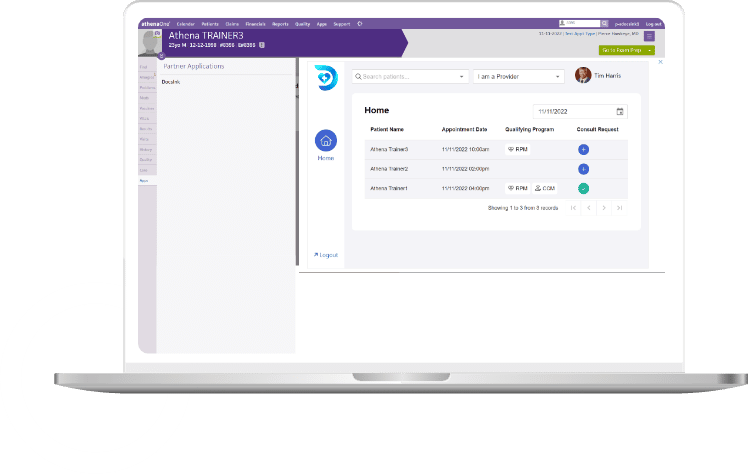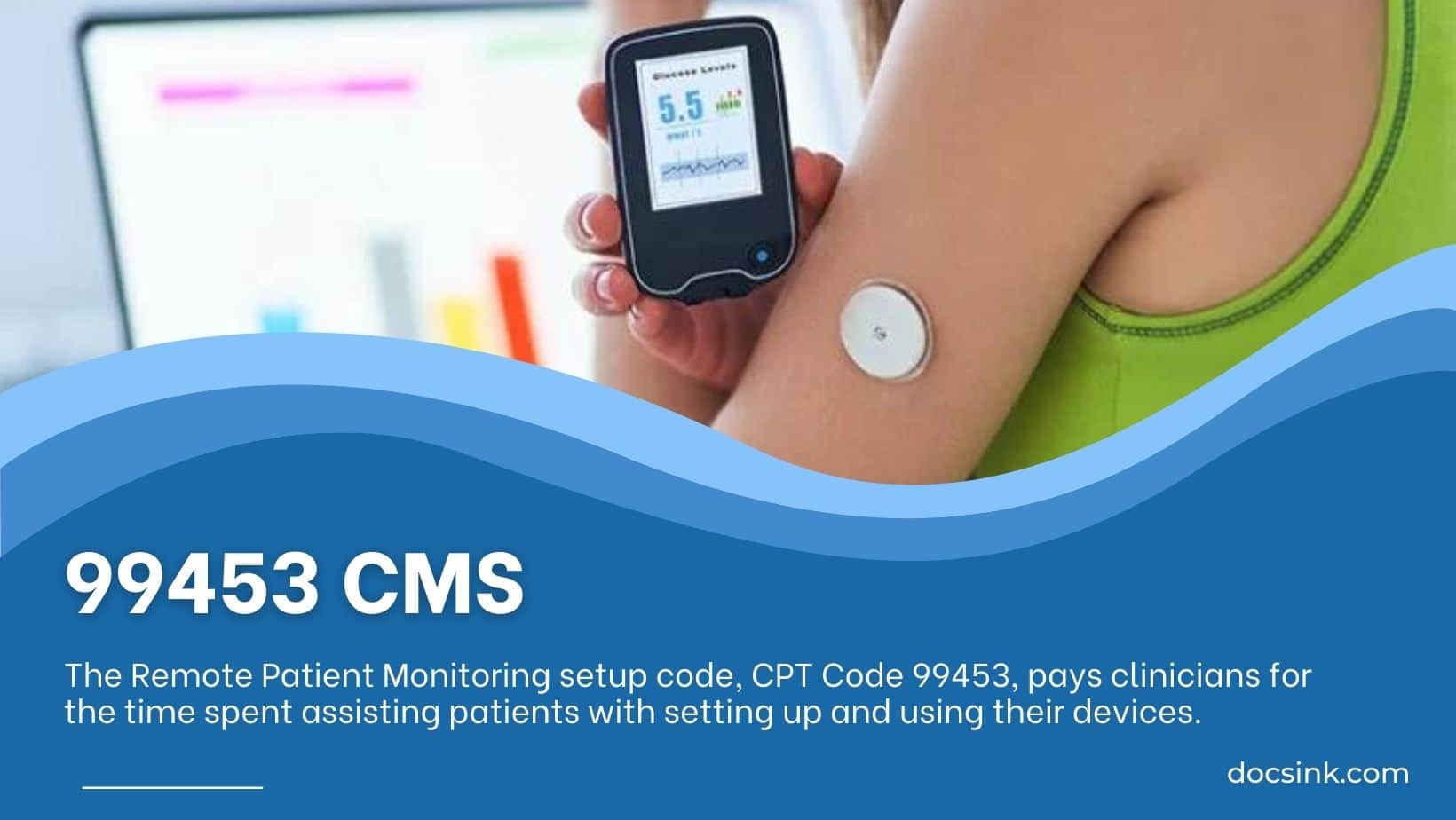We often hear the term “chronic care management,” but what does it mean? Chronic management is a patient-centered approach to care that focuses on improving health outcomes for those with chronic conditions. Several conditions can qualify for management, but some of the most common include diabetes, heart disease, and respiratory diseases. If you or someone you know suffers from one of these conditions, read on to learn more about how care management can help.
Overview of chronic care management
Chronic care management (CCM) is a type of care coordination that focuses on patients with multiple chronic conditions. CCM includes a comprehensive and coordinated approach to managing all aspects of a patient’s care, including:
– developing and following a care plan
– coordinating with other providers
– providing education and support
– monitoring progress and outcomes
Patients with chronic conditions often have complex needs and require care from multiple providers. This can lead to fragmented care and poor communication between providers, resulting in duplicate tests and procedures, medication errors, and gaps in care. CCM addresses these issues by coordinating all aspects of the patient’s care.
CCM has improved health outcomes, reduced hospitalizations and emergency department visits, and reduced healthcare costs.
What conditions qualify for chronic care management?
There are a few conditions that usually qualify for chronic management, such as:
-Cancer
-Heart disease
-Diabetes
-Chronic lung disease
-Kidney disease
The benefits of chronic management
Patients with chronic care need often require a coordinated care plan developed and implemented by a team of healthcare providers. This type of care coordination has been shown to improve patient outcomes and decrease costs.
Chronic care management (CCM) is a Medicare program that pays for health care services for patients with multiple chronic conditions. CCM is designed to improve the quality of care for these patients and to help them stay healthy and out of the hospital.
There are many benefits of CCM, including the following:
1. Improved quality of life for patients. Patients who receive CCM have been shown to have better overall health status and reduced hospitalization rates. They also report higher satisfaction with their health care.
2. Reduced health care costs. Studies have shown that CCM can save Medicare money by reducing hospitalizations, emergency department visits, and home health episodes.
3. Better coordination of care. Patients who receive CCM have a team of healthcare providers working together to coordinate their care. This coordination can lead to fewer duplicate tests and procedures and improved communication between providers.
Conclusion
If you are living with a chronic condition, you may wonder if you qualify for management. The good news is that many conditions can qualify you for this type of care, including diabetes, heart disease, and respiratory diseases. You may be even more likely to qualify if you have multiple chronic conditions. Talk to your doctor about your options for chronic care management and how they can help improve your overall health and quality of life.






